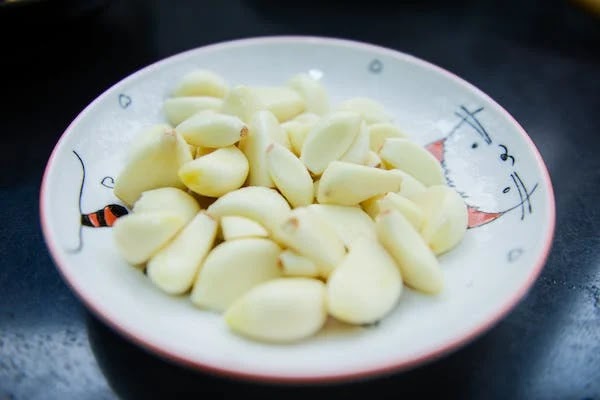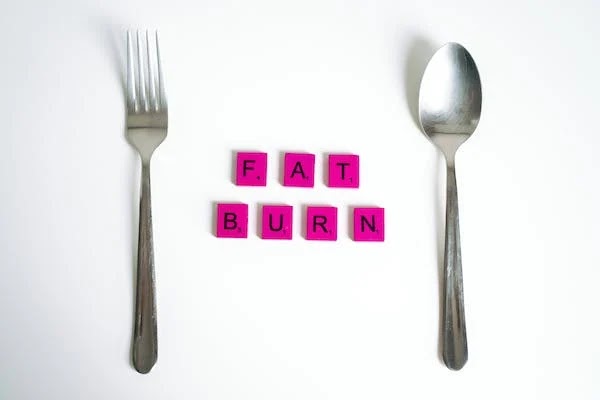Cholesterol is a chemical compound that our body needs to produce cellular iron and also to produce the hormones estrogen, testosterone and vitamin D. The liver produces 75-80 percent of the body's cholesterol, the rest comes from the foods it we eat, such as meat, eggs, fish and dairy products. Blood cholesterol is regulated by the liver. Cholesterol from food is absorbed in the small intestine after ingestion and is metabolized and stored in the liver. When the body needs it, the liver secretes it into the blood. When excess cholesterol is present in the body, it builds up in the arteries, forming plaque and narrowing blood vessels. Cholesterol does not move freely in the blood. Cholesterol is bound or carried by lipoproteins in the blood. Lipo means fat. There are three types of lipoproteins. Low-density lipoprotein (LDL) contains a high percentage of cholesterol known as bad cholesterol. High levels of low-density lipoproteins can lead to heart disease, stroke, and peripheral artery disease.
When the arteries narrow, it is called atherosclerosis. This results in a reduction in blood flow or speed of movement. This way blood clots can cause heart attack or myocardial infarction. High-density lipoproteins (HDLs) are made up of high levels of protein and low levels of cholesterol. It is known as good cholesterol. Very low density lipoproteins (VLDLs) contain fewer proteins than LDL, which contribute to plaque formation. Triglycerides, a type of fatty cholesterol, can form plaque if LDL cholesterol is high and HDL cholesterol is low. Total cholesterol is the sum of HDL cholesterol, LDL cholesterol and 20% triglycerides, which is determined with a blood test. If total cholesterol is high, the chances of heart disease are high.
Collagen Peptides Powder with Hyaluronic Acid and Vitamin C (Click Here)
Cholesterol in food comes from saturated fats found in meat, eggs and dairy products. Some coconut, palm and cocoa based vegetable oils are high in saturated fat. Before the lipid profile, the patient must fast for 12 hours. A small amount of alcohol once a day can raise HDL cholesterol, but excess alcohol can damage the liver and raise LDL. HDL cholesterol is called good cholesterol. Because it absorbs bad cholesterol and carries it to the liver, where it is removed from the body. As a result, the risk of heart disease and stroke is reduced. High triglyceride levels are associated with low HDL or high LDL cholesterol levels and increase the risk of heart attack and stroke. Just having high triglycerides can lead to heart disease. Therefore, along with cholesterol, blood triglyceride levels must be monitored.
Optimum Nutrition Gold Standard 100% Whey Protein Powder ( Click Here)
More Read : Good health in good habits | Health Tips

.jpg)







.webp)
